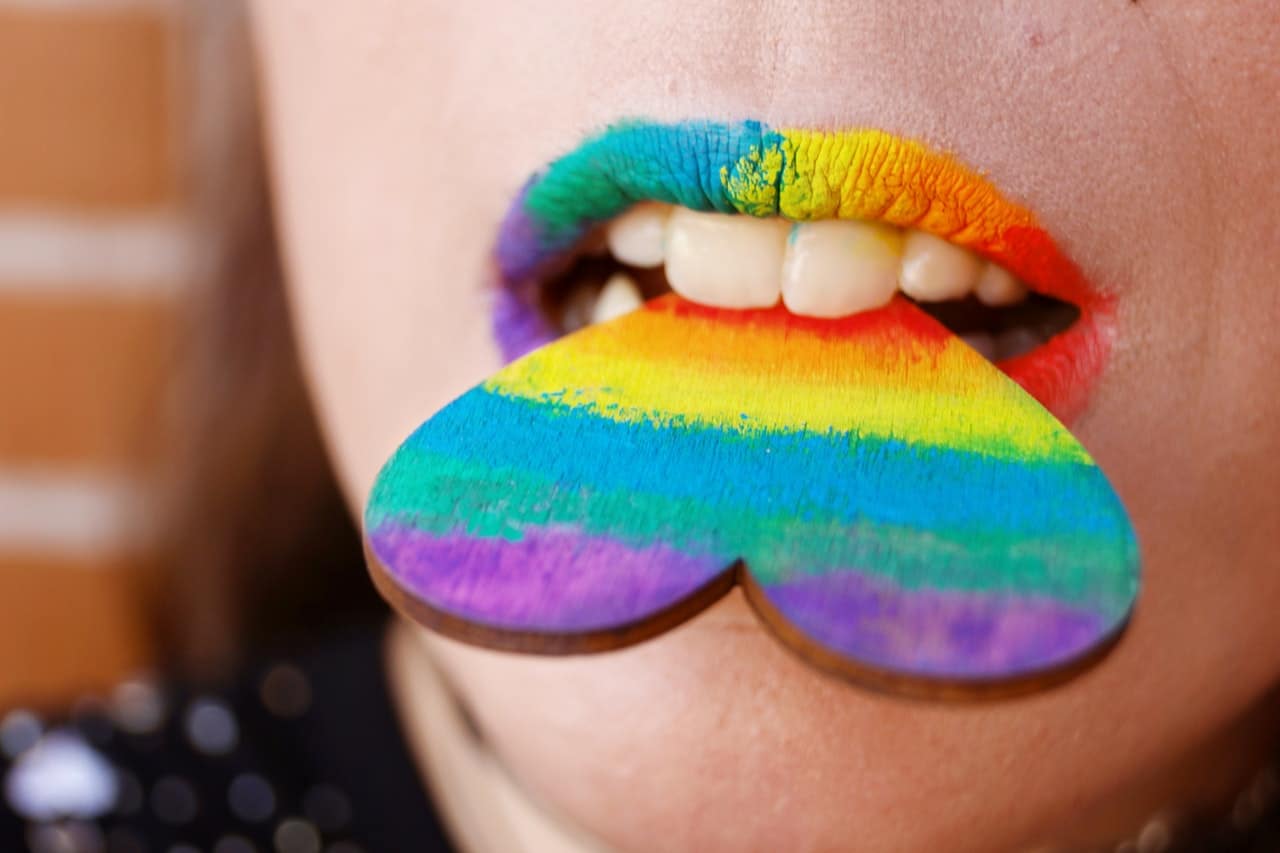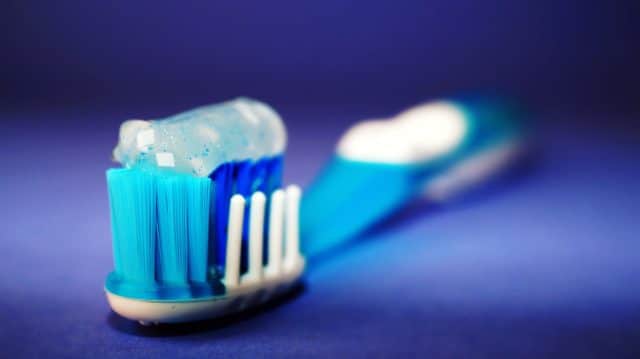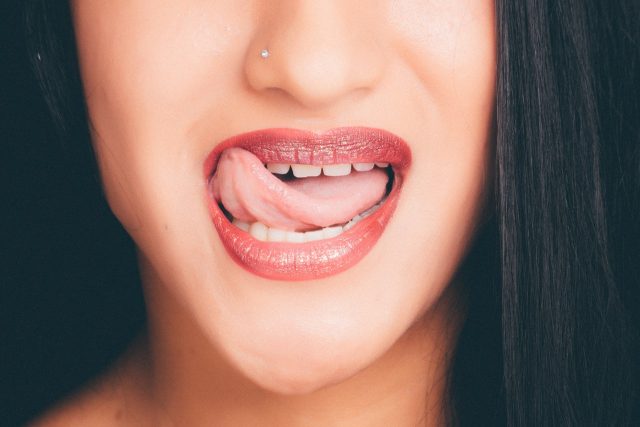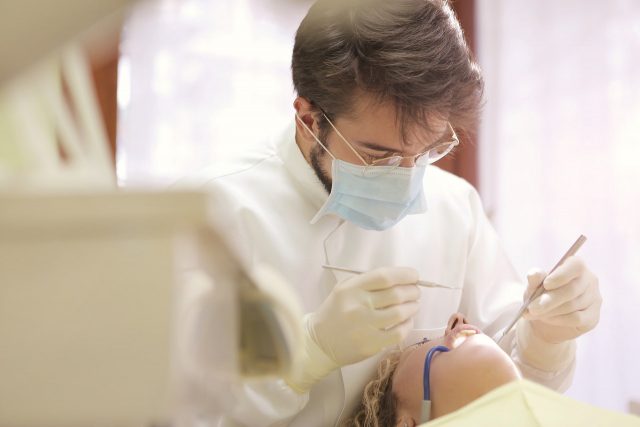

Individuals who struggle with addiction suffer from psychological, emotional, behavioral, nutritional, and physical issues. They are also prone to a range of severe health conditions like damage to the skin, brain, heart, lungs, liver, and even teeth.
Although many people assume that dental health isn’t as critical as that of heart or other major organs, the link between addiction, dental illness, and life-threatening conditions is undeniable. Oral health issues, especially when left untreated, can lead to other more critical conditions.
A Review of Health Effects and Care by the National Institute of Health indicates that oral health issue is one of the most prevalent addiction-related comorbidities that need more attention by both policymakers and clinicians. Individuals with substance use disorders (SUDs) have more oral health problems than the general population but are less likely to receive care. This is because they spend most of their time intoxicated or trying to find more drugs. Dental visits or personal hygiene are often the least of their worries.
Drugs like heroin, methamphetamine, ecstasy, cocaine, and marijuana can cause teeth and gum problems. In most cases:

Even the simplest thing, like brushing your teeth can be neglected while in an active addiction to drugs.
Many individuals who abuse drugs have some form of teeth deformity. Even the public health advertisement shows that meth abuse harms the teeth. But like most people, you may not have the slightest idea of how the damage happens, how quickly it occurs, or the type of drugs that affect the teeth. So, here’s a list of common drugs and how each one of them can affect your dental health.
Regular use of opioids and opiates can restrict the production of saliva and dry out oral tissues. Saliva naturally lubricates the mouth and keeps tissues moist. It also clears any leftovers from the gumline and between teeth. Most importantly, it regulates oral acids and bacteria that destroy enamel and cause decay. Again, opioids reduce pain, which makes it hard for users to detect changes in their gums and teeth. Studies reveal that some users apply opioids directly into the gums and teeth to dull dental pain. Unless it gets out of hand, they won’t seek professional help.
Club drugs like MDMA, ecstasy, K2, and molly cause users to grind their teeth, resulting in wear and tear of the enamel. In several studies, 93-99% of club drug users experienced a dry mouth. This dryness can persist for up to 48 hours after use – or even longer after a higher dose. Club drug users turn to soft drinks (which are acidic and sugar-rich) to relieve dry mouth, dehydration, and hyperthermia from vigorous dancing. Add that to reduced saliva secretion and buffering ability, and the rate of tooth enamel erosion will skyrocket. Again, club drug users report vomiting and nausea as a side effect, which could also increase erosion of the teeth.

Many drugs can cause "cotton mouth". Saliva is an important weapon your body has to fight tooth decay.
According to the American Dental Association (ADA), a survey on 571 meth users revealed 96% had cavities, 58% had untreated tooth decay, and 31% had six or more missing teeth. Meth causes serious oral problems commonly described as “meth mouth,” – which presents as extensive gum disease and tooth decay. Once the harm begins, it is near impossible to reverse the effects and, in many cases, results in multiple tooth extractions. What’s more, meth rots teeth very quickly. Meth dries up the saliva, making the teeth more susceptible to decay and cavities. It also causes users to grind their teeth due to stress. Additionally, meth makes one thirsty and leaves them craving for sweet drinks. Sugar feeds bacteria that harm tooth enamel – a process that’s aggravated when there’s no saliva.
Coke users experience an increased rate of tooth decay for a range of reasons: first, the powder is an acidic salt with a low pH (4.5). When applied to the oral or nasal route, it mixes with saliva and raises its acidity levels. This mixture is harmful to enamel as well as the hard dentin tissue underlying the enamel. Secondly, cocaine may cause transient chorea, a movement disorder that manifests in mouth and jaw-related muscle spasms that mimic a strange smile or grinding the teeth. Teeth grinding causes wear and tear and may result in damage to the jaw, surrounding gums, and the enamel.
Smoking cigarettes or marijuana cuts oxygen supply to the bloodstream causing infected gums not to heal. Gum disease is the most common cause of tooth loss in adults. Smoking also leads to dry mouth. Marijuana use is associated with cannabinoid hyperemesis, a condition that causes vomiting. When one vomits regularly, he or she exposes the teeth to stomach acid that causes decay and cavities. Tobacco, on the other hand, can cause bad breath, gum disease, and damage. According to research, smoking may account for about 75% of periodontal disease in adults.

Many in addiction recovery have neglected their oral hygiene for far too long. Visiting a dentist is a crucial early step in your overall recovery.
Substance use is detrimental to one’s overall health. If you or a loved one is suffering from drug addiction, it’s best to seek treatment and rehabilitation. Although some dental health concerns like enamel degradation, cancer, and tooth loss cannot be reversed, there’s still plenty that can be done to help restore a healthy mouth and smile. Rehabilitation facilities will also help treat addiction and any co-occurring disorders that contribute to user’s difficulty in maintaining their oral health.